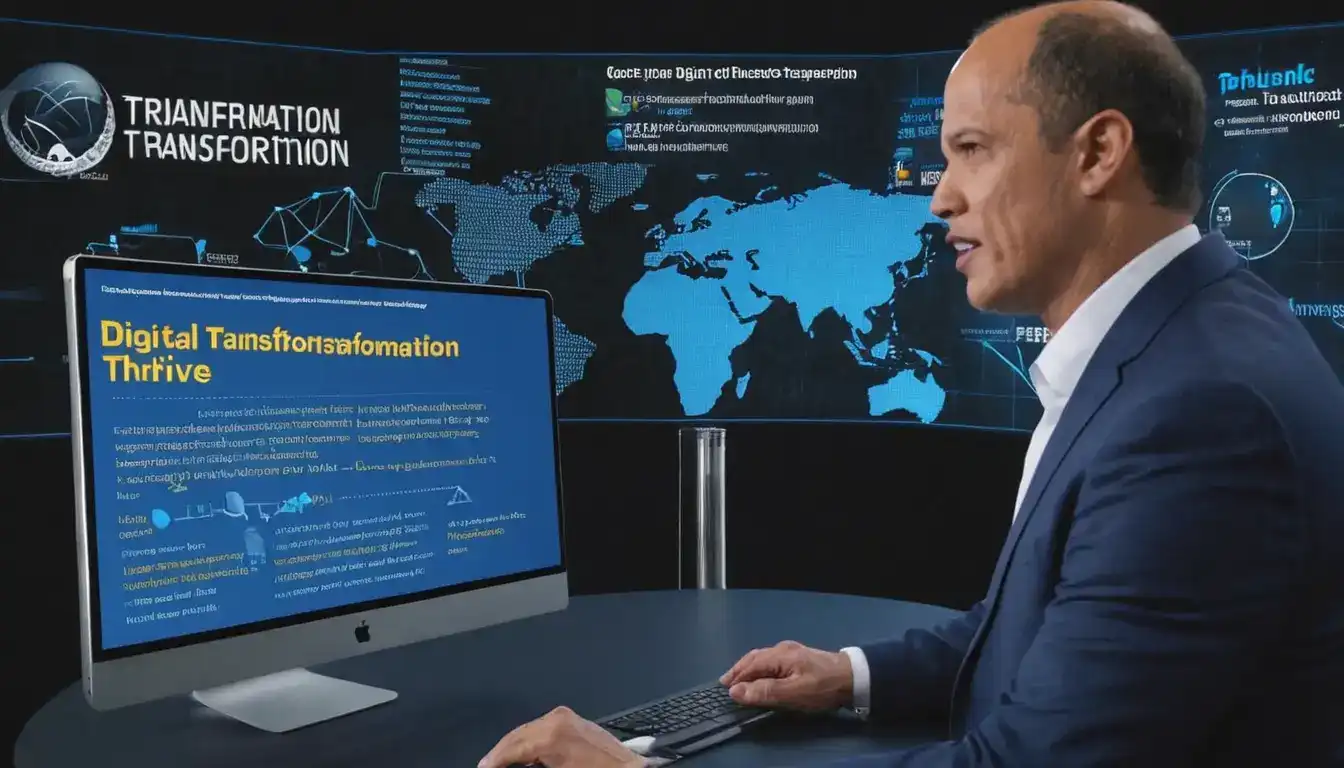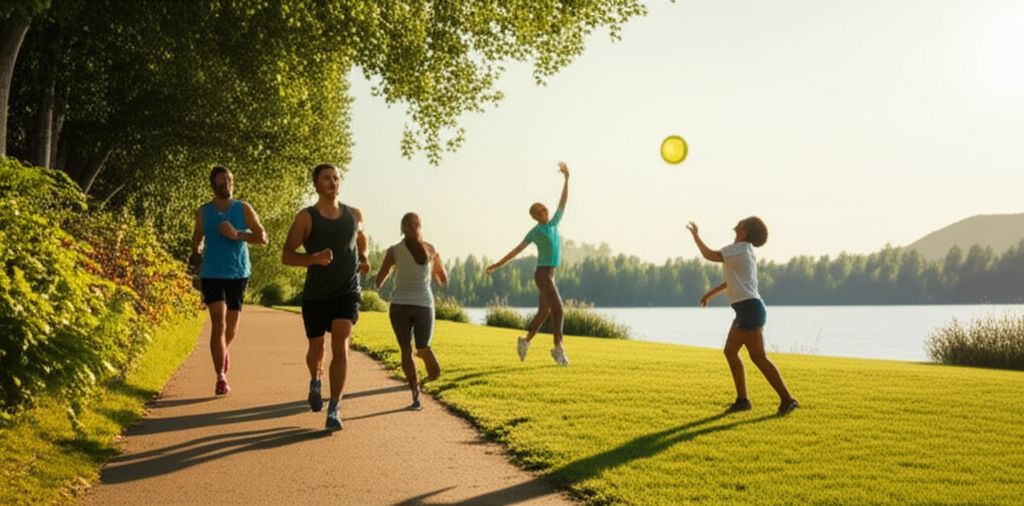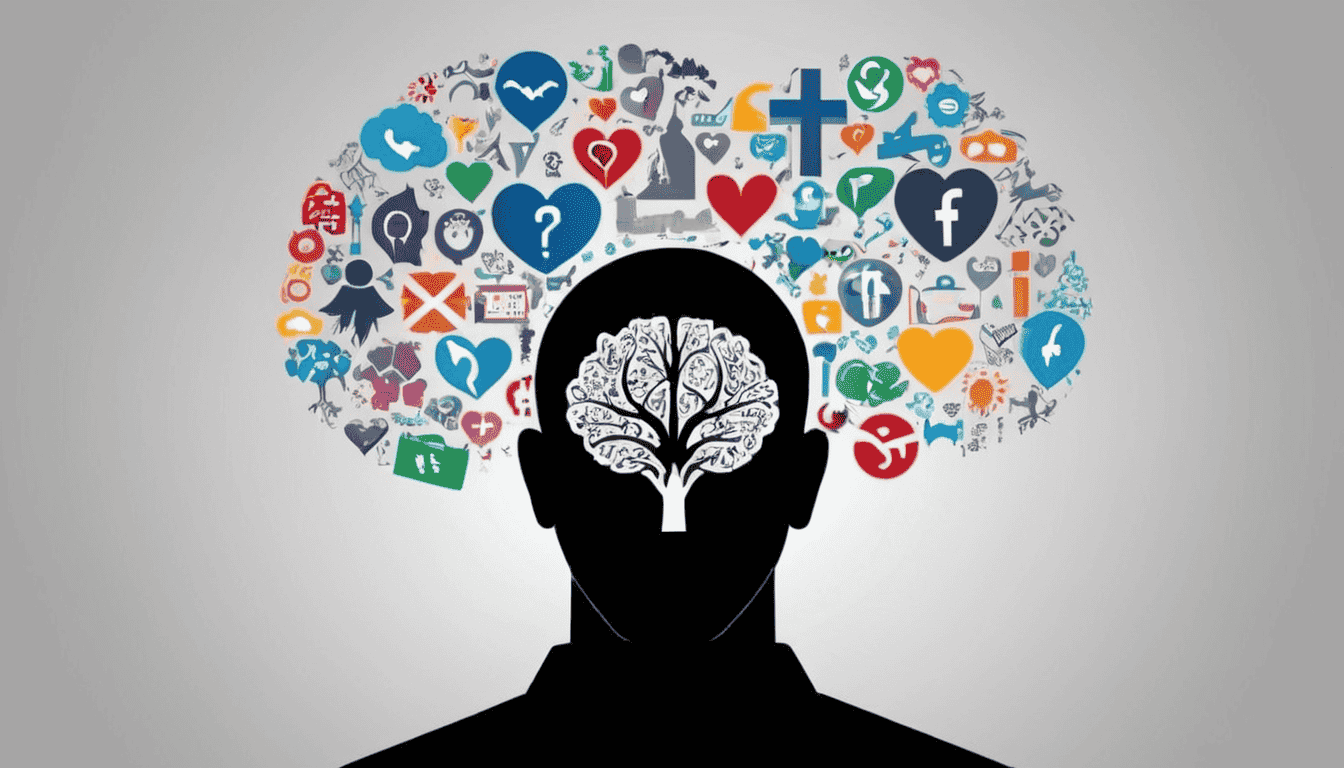Amble Towards Better Health
Emily Willis

Photo: Amble Towards Better Health
Amble Towards Better Health: Your Gentle Path to a Vibrant Life
In a world that often celebrates intense workouts and extreme fitness challenges, it's easy to overlook the profound power of simplicity. What if the key to a healthier, happier you isn't about pushing your limits to exhaustion, but rather embracing a more gentle, consistent approach? This is the essence of "ambling towards better health" – a philosophy that champions the understated yet incredibly effective act of walking. It’s a journey accessible to everyone, regardless of age or current fitness level, offering a holistic pathway to enhanced well-being.
Walking, often dismissed as mere transportation, is a potent form of low-impact exercise that can unlock a cascade of physical and mental health benefits. From strengthening your heart to calming your mind, integrating regular walks into your daily routine can transform your life in subtle yet significant ways. This article will guide you through the multifaceted advantages of daily walking, providing actionable steps to help you embrace this gentle exercise and truly amble towards better health.
The Unsung Hero: Why Walking is a Health Powerhouse
Unlike high-intensity training, which can be daunting for beginners or those with physical limitations, walking offers a low barrier to entry. It requires no special equipment beyond a comfortable pair of shoes, can be done virtually anywhere, and carries a minimal risk of injury for most people. Its accessibility makes it a powerful tool for improving overall health and wellness. Even a brisk 10-minute daily walk can contribute significantly to your weekly exercise goals, as recommended by health guidelines.
The beauty of walking lies in its versatility. You can tailor the pace, duration, and environment to suit your mood and fitness level, making it a sustainable activity for the long term. This consistency is far more impactful than sporadic, intense bursts of activity.
Physical Health Benefits: More Than Just Steps
The physical advantages of incorporating walking into your daily life are extensive, touching upon nearly every system in your body.
Cardiovascular Health: Keeping Your Heart Pumping Strong
Your heart is a muscle, and like any muscle, it benefits from regular exercise. Walking strengthens your heart, improves circulation, and can significantly reduce your risk of cardiovascular diseases. Regular brisk walking, averaging 30 minutes or more a day, can lower your risk of heart disease, stroke, and Type 2 diabetes. It helps promote good circulation and can lower LDL (bad) cholesterol. Studies show that even a modest increase in daily steps can lead to a substantial reduction in the risk of cardiovascular events. For instance, older adults who take 4,500 steps per day can have a 77% lower risk of an adverse cardiovascular event compared to those taking fewer than 2,000 steps. Every additional 500 steps per day can incrementally lower your risk by 14%.
Weight Management: A Gentle Path to a Healthier You
For many, managing weight is a significant health goal, and walking offers a sustainable and effective strategy. Walking burns calories, which is crucial for creating the calorie deficit needed for weight loss. A 2021 study revealed that walkers and runners burned, on average, 107 calories per mile. Beyond calorie expenditure, consistent walking can help reduce body fat, including stubborn belly fat, which is a significant health risk. It boosts your metabolism and contributes to maintaining a healthy weight in the long run. Research indicates that walking throughout adulthood may significantly reduce the long-term weight gain that affects most adults. Pedometer-based walking programs have shown to result in a modest yet clinically important amount of weight loss, with longer programs leading to more weight loss.
Joint Health and Mobility: Lubricating Your Movement
Unlike high-impact exercises that can put stress on joints, walking is a low-impact activity that's gentle on your knees, hips, and ankles. It helps lubricate joints and strengthens the muscles that support them, improving flexibility and reducing stiffness. This can be particularly beneficial for individuals with arthritis, as walking can alleviate pain and improve range of motion.
Bone Density: Building Strong Foundations
As a weight-bearing exercise, walking plays a vital role in building and maintaining strong bones. Regular walks can help reduce the risk of osteoporosis and fractures, especially as you age. This consistent, gentle load on your bones stimulates bone growth and density.
Blood Sugar Regulation: A Sweet Deal for Diabetics
Walking can significantly improve insulin sensitivity, helping your body utilize glucose more effectively. Taking a short walk after eating can help minimize blood sugar spikes. For individuals managing Type 2 Diabetes, increased walking volume is associated with reduced cardiovascular disease mortality and events.
Mental & Emotional Well-being: A Stroll for the Soul
The benefits of walking extend far beyond the physical, deeply impacting your mental and emotional health.
Stress Reduction: Walking Away from Worries
In our fast-paced lives, stress can be a constant companion. Walking is a powerful stress reliever. Physical activity, including walking, releases endorphins, often called "feel-good" chemicals, which can significantly improve your mood and reduce stress. Walking outdoors, in nature, amplifies this effect, offering a calming escape from daily pressures. Even a 20-minute walk can help bring down high cortisol levels, the body's primary stress hormone.
Mood Enhancement: Stepping Towards Happiness
Regular walking can be a natural antidepressant. Research shows that walking can improve mood, reduce symptoms of anxiety and depression, and boost self-esteem. One meta-analysis found that adults who got even half the recommended amount of physical activity (about 75 minutes of brisk walking per week) had an 18% lower risk of depression, with those clocking the full recommended amount (two and a half hours a week) having a 25% lower risk. The simple act of moving, especially in a changing environment, can help your brain get "unstuck" from negative thought patterns.
Cognitive Boost: Sharpening Your Mind on the Move
Walking isn't just good for your body; it's excellent for your brain. It increases blood flow to the brain, which can enhance cognitive function, memory, and even creativity. Regular walks can also help reduce the risk of cognitive impairment as you age and may lower the risk of developing Alzheimer's disease and other forms of dementia.
Better Sleep: Drifting Off After a Gentle Day
Struggling with sleep? A daily walk might be the answer. Regular physical activity, like walking, helps regulate your sleep patterns and can improve the quality of your sleep, making it easier to fall asleep and stay asleep. The reduction in stress and anxiety achieved through walking also contributes to more restful nights.
Practical Steps to Amble Towards Better Health
Ready to start your journey? Here’s how to make walking a consistent and enjoyable part of your life.
Starting Your Walking Journey: Small Steps, Big Gains
The most important step is simply to begin. Don't feel pressured to achieve a certain distance or speed immediately.
- Set Realistic Goals: If you're new to regular exercise, start with short, manageable walks. Even 5-10 minutes a day is a great start, and you can gradually increase your time by five minutes each week.
- Consult Your Doctor: Especially if you have underlying health conditions, it's always wise to speak with your doctor before starting any new fitness routine.
- Embrace Consistency: Aim to incorporate walking into your routine most days of the week. Even short bursts of activity throughout the day add up to significant health benefits.
Making it a Habit: Consistency is Key
Transforming walking into a regular habit is crucial for long-term success.
- Schedule Your Walks: Treat your walks like any other important appointment. Block out time in your calendar.
- Find a Walking Buddy: Walking with a friend, family member, or even a pet can provide motivation and accountability.
- Explore New Routes: Varying your walking paths can keep things interesting and prevent boredom. Discover local parks, trails, or even different neighborhoods.
- Track Your Progress: Use a pedometer, fitness tracker, or smartphone app to monitor your steps, distance, and even calories burned. Seeing your progress can be incredibly motivating. While 10,000 steps a day is a popular goal, studies show benefits accrue even with fewer steps. For adults, 8,000-10,000 steps per day is a reasonable target for general fitness, but benefits for older adults can be seen at 6,000-8,000 steps. Even as few as 2,337 steps a day can lessen the risk of dying from heart and circulatory diseases.
Essential Gear: Comfort and Safety First
While walking requires minimal equipment, a few items can enhance your experience and safety.
- Proper Footwear: Invest in comfortable, supportive walking shoes. They are your most important tool for preventing discomfort and injury.
- Comfortable Clothing: Wear breathable clothing appropriate for the weather. Layers are often a good idea.
- Hydration: Carry a water bottle, especially on longer walks or in warm weather.
- Sun Protection: If walking outdoors, apply sunscreen and wear a hat and sunglasses.
- Safety Measures: Be aware of your surroundings, especially if walking alone. Consider reflective gear if walking in low light.
Mindful Walking: Connecting with Your Surroundings
Elevate your walking experience by practicing mindfulness.
- Engage Your Senses: Pay attention to the sights, sounds, smells, and sensations around you. Notice the rustle of leaves, the warmth of the sun, or the sounds of birds.
- Leave Distractions Behind: Try to minimize phone use or other distractions during your walk
Latest ✨
View AllFree consultation for mesothelioma victims. Contact Mesobook Law Firm and claim your compensation now.
Emily Willis
Artificial Intelligence (AI) has evolved rapidly from science fiction to reality, offering immense potential but also presenting significant ethical challenges.
Emily Willis
Teacher Dev empowers educators to lead education's future. Master new tech, integrate AI, and equip students with vital skills for a changing world.
Emily Willis
Raising young children comes with challenges, especially in early education. Common mistakes parents make include focusing too much on academics, micromanaging learning, comparing their child to others, neglecting social and emotional skills, and creating a screen-filled environment.
Emily Willis
Business
View All
June 8, 2025
Business Continuity: Plan for CrisesNavigate crises with a robust business continuity plan. Minimize downtime, protect your people & reputation, and ensure long-term business viability.
Emily Willis

August 4, 2024
Digital Transformation: Businesses Leverage Technology to Thrive in the Digital AgeThe business world is evolving rapidly, with consumers expecting seamless digital experiences. Digital transformation involves integrating technology, focusing on customers, making data-driven decisions, and fostering innovation.
Emily Willis

June 8, 2025
Market Research: Your Business CompassMarket research: your ultimate business compass. Gain vital insights on customers, competitors & trends to steer your business to growth & success.
Emily Willis
Economy
View AllBest Secured Loans for Debt Consolidation with Low Interest Rates | Compare Top Lenders & Save Money on Monthly Payments
Read MoreDiscover the incredible impact of lean startup through 10 revolutionary examples. Explore how these startups disrupted industries, challenged the status quo, and created unprecedented success, shaping the business landscape as we know it.
Read MoreUnlock the secret of price elasticity! Learn how price changes affect demand, revenue, and your everyday purchasing decisions. Essential for businesses & shoppe...
Read MoreEntertainment
View All
July 5, 2025
PR Coordinator Entry Level EntertainmentLights, Camera, PR! Your guide to becoming an entry-level PR Coordinator in entertainment. Discover essential skills & a roadmap to your dream career.
Emily Willis

July 4, 2025
Scuffed Yet Super FunEmbrace the charm of "scuffed yet super fun" experiences! Discover why unpolished, authentic moments bring true joy in a world obsessed with perfection.
Emily Willis

July 4, 2025
Double the FunDiscover how to "Double the Fun" by amplifying everyday joy and maximizing satisfaction from your experiences. Boost happiness & well-being!
Emily Willis
Health
View AllPreventive healthcare focuses on strategies to prevent disease and maintain well-being, rather than just treating illnesses after they arise. It helps identify risk factors early on, allowing for interventions that can prevent or delay the onset of chronic diseases.
Emily Willis
sleep for physical and mental well-being, discussing the benefits of sleep such as physical restoration, brain function, emotional regulation, concentration, and reduced risk of chronic diseases. It explains the different stages of the sleep cycle and provides guidelines for how much sleep individuals of different ages need.
Emily Willis
significance of mental health awareness in today's fast-paced world. It discusses the importance of understanding mental health, breaking down stigma, and promoting positive mental health practices.
Emily Willis
Trending 🔥
View All
1
3
4
5
6
7
8
9
10
Lifestyle



Sports
View AllAugust 5, 2024
The Future of Sports: Anticipating Trends, Embracing Innovation, Shaping a New Era
Read MoreAugust 4, 2024
Benefits of Cross Training for Athletes: Improves Performance and Prevents Injuries
Read MoreTechnology
View All
August 4, 2024
The Rise of Edge Computing: Transforming Data Processing
Edge computing is a distributed computing model that processes data closer to its source, reducing latency, saving bandwidth, and enhancing security. It is transforming industries such as manufacturing, healthcare, retail, transportation, and energy by enabling real-time data processing and improving operational efficiency.

August 5, 2024
What is Blockchain and How does it Work?
Blockchain technology is a decentralized digital ledger that records transactions securely and transparently across multiple computers. Key concepts include decentralization, cryptographic security, and consensus mechanisms. Transactions are verified, grouped into blocks, and added to the blockchain through a consensus process.

August 4, 2024
Sustainable Technology: The Key to a Greener Future
sustainable technology in addressing environmental challenges and creating a more sustainable future.

August 5, 2024
How AI is Used to Solve Problems in Various Industries
Artificial Intelligence (AI) is reshaping industries across the globe, from healthcare to finance, by solving complex problems, increasing efficiency, and driving innovation. In healthcare, AI is saving lives through drug discovery, disease diagnosis, personalized medicine, and virtual health assistants.

















